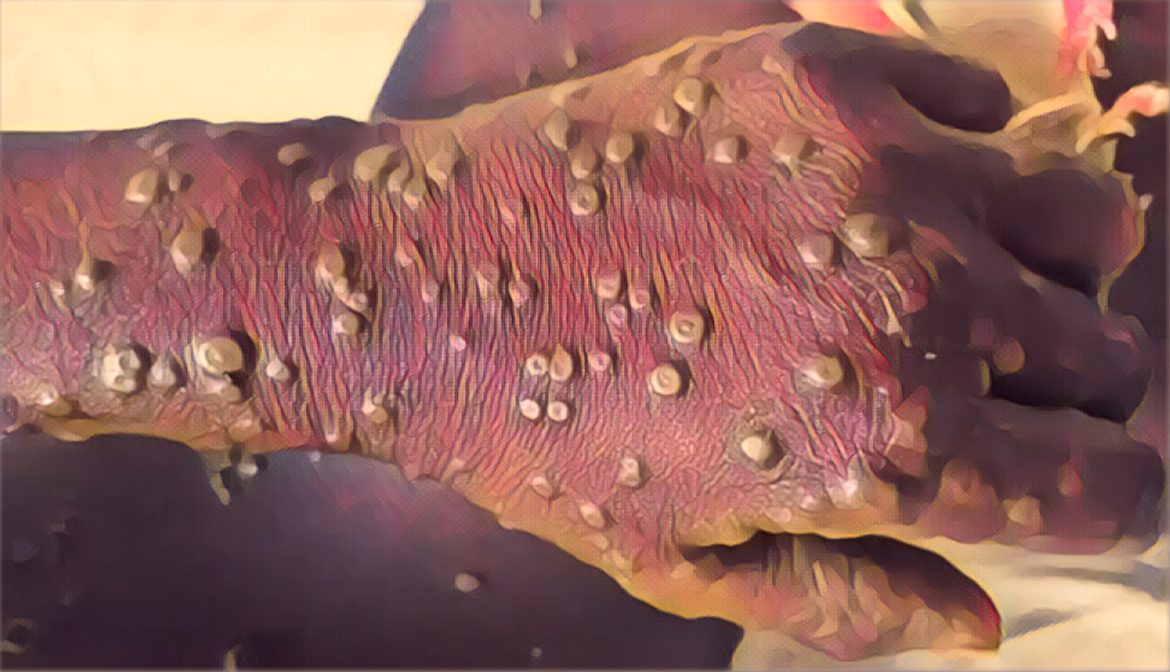Key Points
- Ghana confirms two Mpox cases in the capital, Accra.
- Contact tracing and health surveillance have started.
- Public urged to report symptoms and follow hygiene practices.
The Ghana Health Service (GHS) has confirmed two cases of Mpox in the Greater Accra Region. The acting Director General made the announcement in a press statement released Thursday evening.
Authorities say both cases were detected within the Accra Metropolitan Area. Health officials began immediate contact tracing to identify individuals who may have interacted with the infected patients.
The GHS is working with the Ministry of Health to activate emergency response protocols. These include isolating confirmed patients, monitoring potential contacts, and reinforcing hygiene practices in hospitals and communities.
Contact tracing and monitoring underway to contain spread
According to health experts, Mpox spreads through direct contact with an infected person, animal, or contaminated material. It causes symptoms such as rash, fever, body aches, swollen lymph nodes, and low energy.
The Ghana Health Service has activated health facility surveillance and community monitoring systems. Contacts identified will be followed up for signs of illness and will receive medical support as needed.
Officials say the public health system remains alert and equipped to handle the situation. Ghana’s disease control infrastructure has been mobilized to detect and contain any further Mpox cases.
Ghana ramps up education and urges vigilance
The Ministry of Health has also launched a nationwide awareness campaign to educate the public about Mpox cases in Accra. The campaign highlights symptoms, how the virus spreads, and how to protect oneself.
Citizens are advised to maintain proper hand hygiene, avoid close contact with people showing symptoms, and report suspicious symptoms to nearby health facilities immediately.
The Ghana Health Service assured the public that there is no need for panic. Officials emphasized the government’s commitment to keeping citizens safe, adding that they have the resources and expertise to prevent a larger outbreak.
“Ghana’s public health system remains vigilant,” the statement concluded. “We are confident in our ability to manage the current situation and limit any potential spread.”





1 comment
This blog is definitely rather handy since I’m at the moment creating an internet floral website – although I am only starting out therefore it’s really fairly small, nothing like this site. Can link to a few of the posts here as they are quite. Thanks much. Zoey Olsen